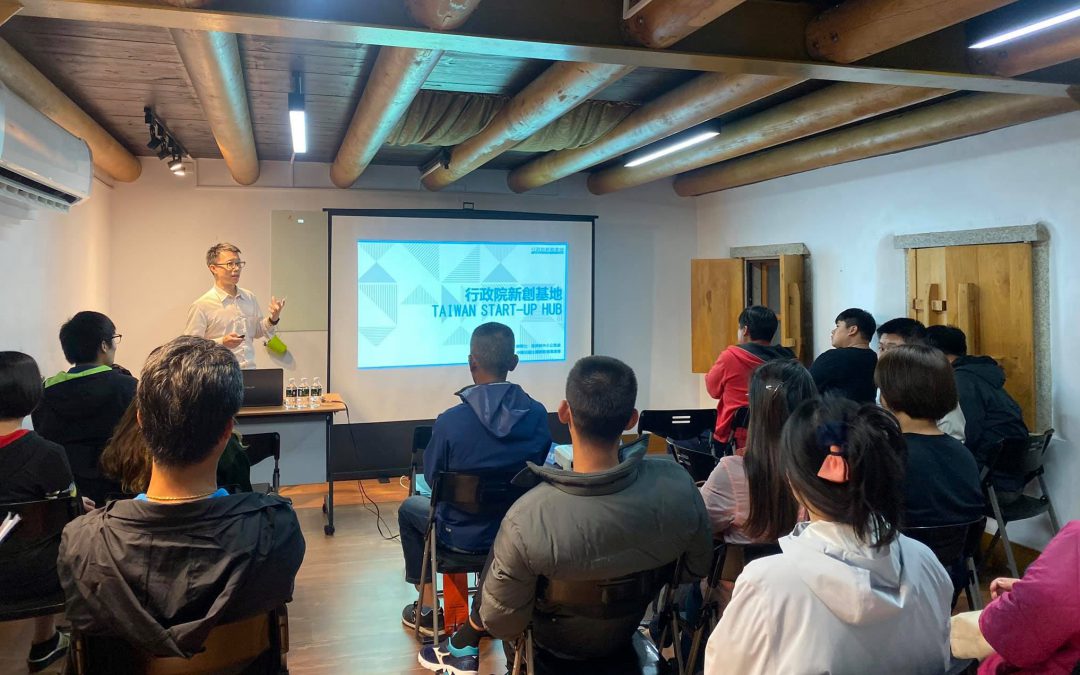Report: Besides being techy, what do Taiwan’s startup teams look like?

We have talked about money (funding) last time. Now, let’s take a look at people — in Taiwan’s startup teams.
Founders who blaze new trails and launch their ventures may be the first to pop into your head, but the significance of other team members cannot be downplayed, says Forbes.
Earlier this year, CB Insights has asked 323 founders, investors, and journalists about why they think startups flame out. The result reveals that out of top 20 reasons for failure, seven are related to people and/or company culture whereas only two are about money. In other words, the success of a startup hinges much on its team as a whole.
So, what do Taiwan’s startup teams look like?
From Aug. 1 to Sep. 18, 2019, Business Next (BNext) has surveyed 231 startup founders, co-founders, and senior managers in Taiwan about the companies they found or work for. It receives 211 valid responses and serves as a crucial basis for BNext’s annual report on Taiwan’s startup ecosystem.
Among all the surveyed founders, more than half (54.9%) are first-time entrepreneurs. 45.1% are serial entrepreneurs and almost all of them have 5+ years of work experience.
The average number of members in a founding team is 4.48, while 18 among all the startups are run by only one founder.
34.3% of the members are women, making the ratio between male and female members approximately 2:1. 63 startups are founded by an all-male team.
The average age for all the members in a founding team stands at 34.65, with 23.5 being the youngest and 55 being the oldest among all. The former works on digital ads and the latter is a software company focusing on information security.
In terms of responsibilities, more than half of the members (2.25 out of 4.48) work on the tech side.
Louis Chang, Founder of NewsLeopard, says there were only two people in the team back when he started the company, so he had to work as a developer. It’s a Taiwan-based startup developing a namesake email marketing platform.
Tech background enables him to release minimum viable product (MVP) for market validation with the least possible resources, but this can divert his attention away from understanding what the market really needs, he says.
Cornerstone Ventures co-founder TP Lin tells Business Next he believes tech capability is important but not the only element that pushes startups to success. Business model, core competency, and growth plan are no less pivotal. “It would be great if co-founders have different backgrounds and complement each other,” he says.
When asked about the type of employees their company plans to recruit in the future, they give answers that reflect the known demand of tech talent in the startup scene: 30.8% would like to hire more software developers while 18.9%, 17%, and 14.2% want to bring in BD, marketing, and sales specialists, respectively.
The average size of the entire team, including the founding team, is 20.45. Each team tends to hire 2 to 3 interns.
Most startup teams target three vertical markets: B2B solutions (14.2%), AI/data analytics (13.7%), and e-commerce (11.8%). Other include education (8%) and marketing/PR (7.5%).
Around 40% of the surveyed teams serve enterprises (B2B business) and the rest serves end customers either directly (B2C business, 27.4%) or indirectly (B2B2C business, 28.9%).
60% of the startups have launched their product(s), but overall, there are still 47.3% struggling with deficits. Only 33.1% of them have been making profit and expecting steady growth.
〔Original :Meet Startup @ TW〕
Source: Meet Global